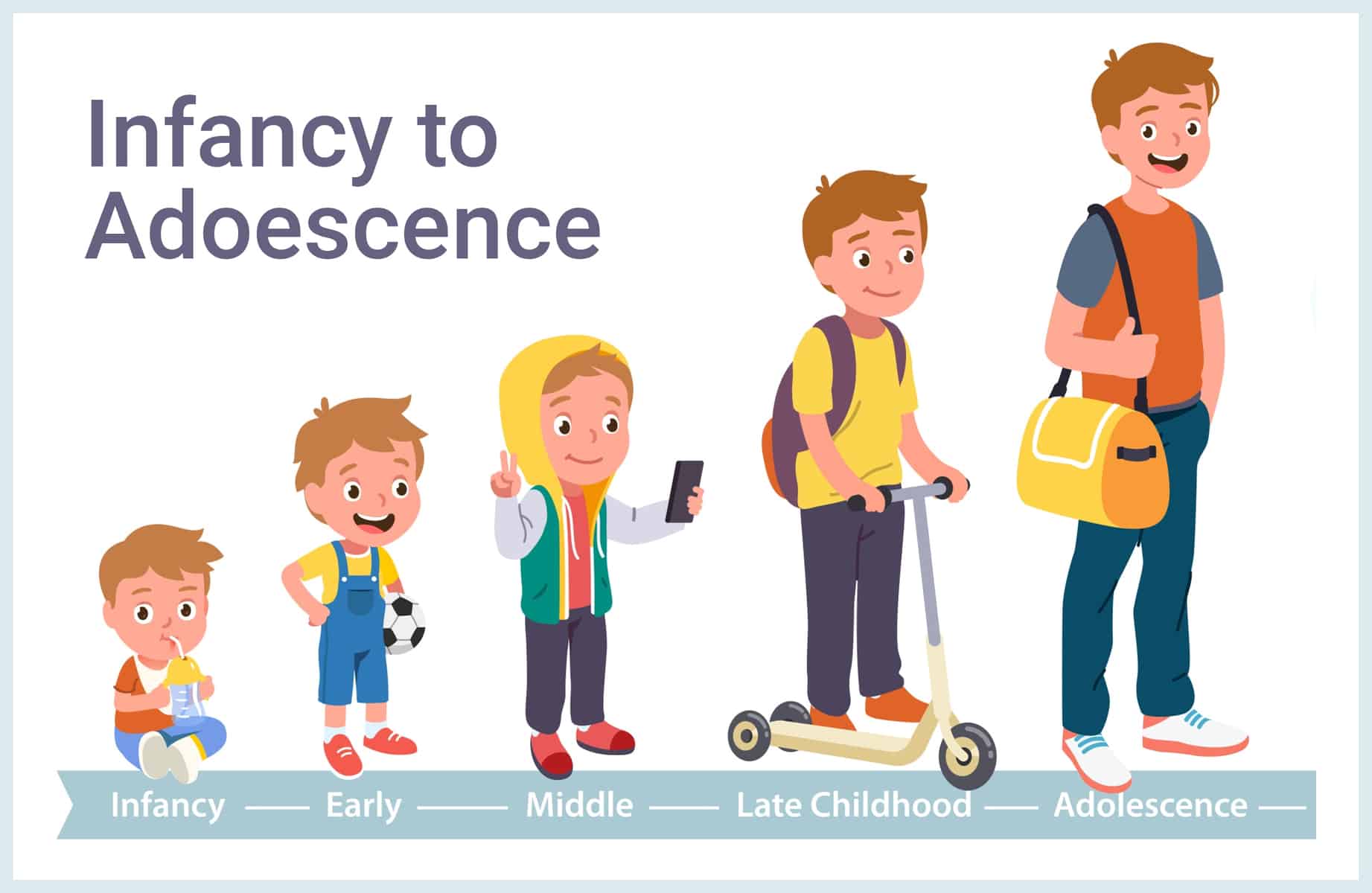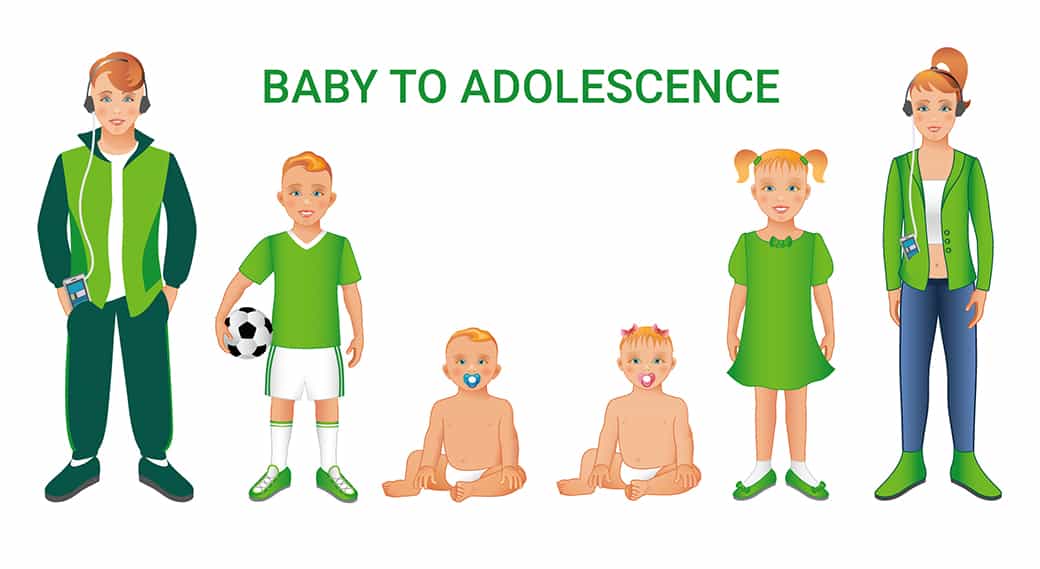The period from when a child is born to the end of adolescence is the most critical time for child development. During this time, children are guided through emotional, psychological, and biological changes. These changes are a lot to deal with for young ones; therefore, children need guidance as they grow. Many children learn valuable lessons inside and outside of the classroom while in school.
In addition to learning valuable skills through their education, children learn socially through playtime. Giving kids the opportunity to move around during the day and interact with each other is an essential part of their development. By being able to go outside and play, children become more focused in the classroom and better at retaining information. Eliminating recess time would be detrimental to a child’s growth. For more information about how a child develops throughout their lives and how their education is provided, keep reading!

1. Child Development
From a child’s birth to the end of adolescence, many changes occur in their biology, psychology, and emotional maturity. For their first eighteen years of life, a child goes from being dependent on learning how to be increasingly more autonomous. This sequence is predictable, but each course is different for every child.

Each stage progresses at its own pace and is directly impacted by the stage that occurs before it. Genetic factors and events that occur during a child’s prenatal time can affect a child’s life after it’s born, so fetal development goes hand in hand with child development. There are many different methods for researching child development created by some of the most notable psychologists.
